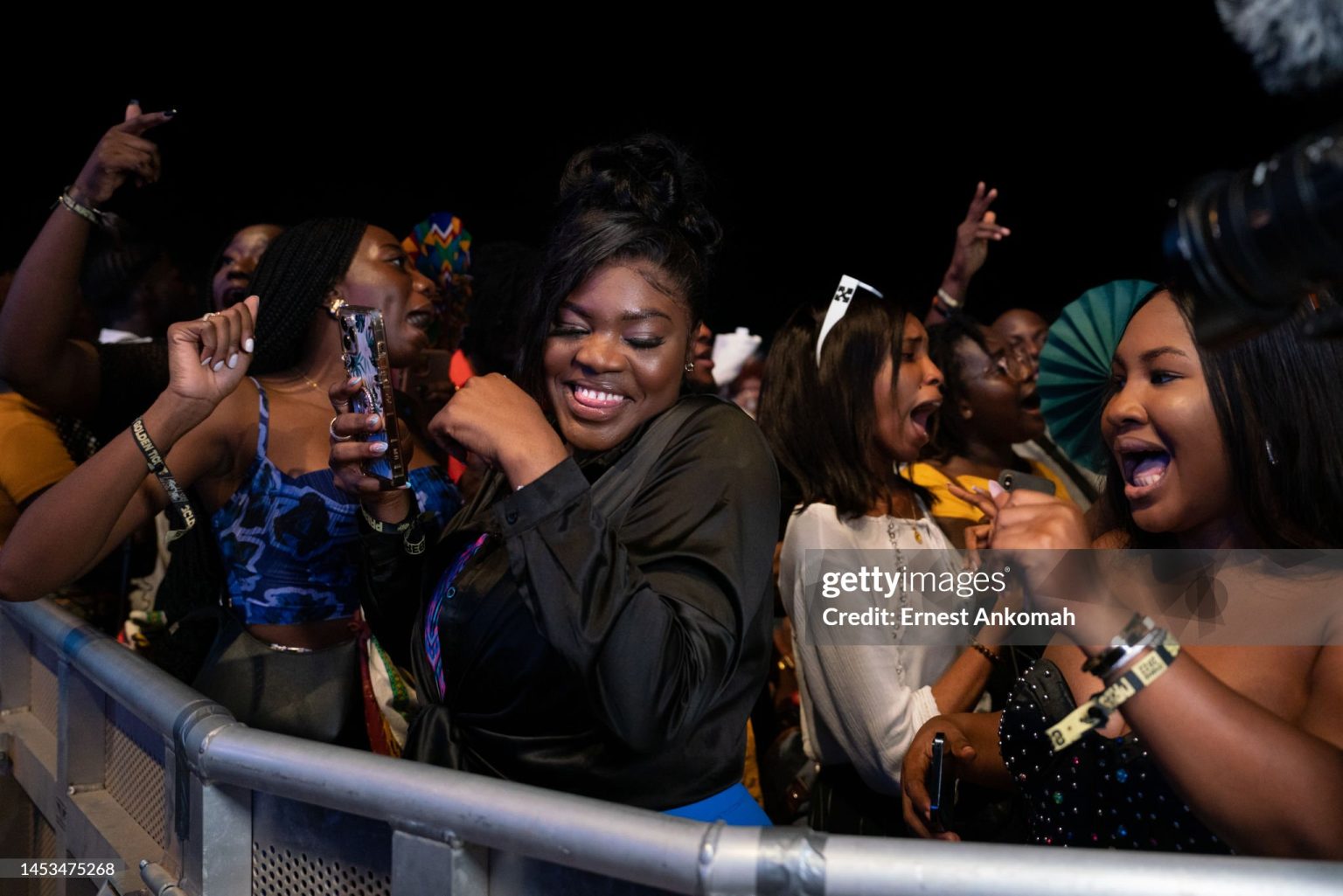We’ve heard it over and over again in this industry: “Ghana music no dey pay!” But I call cap.
I stand firmly on the opinion that “Ghana music” as we used to know it doesn’t exist anymore. Maybe it did in the past—when our favourite bands headlined global stages and graced magazine covers across the world. Back then, it was a movement rooted in tradition, sound, and cultural pride. But today, we live in completely different times—a time shaped by access, digital disruption, and global collaboration.
The very intentional efforts of music executives in more developed markets have influenced the evolution of Ghana’s music industry. Our artists and creators now have access to tools, networks, and platforms that rival what’s available anywhere else in the world—albeit with a few regional limitations, being based in Africa. Still, it’s been incredibly exciting to witness the rise of talent working alongside forward-thinking labels and managers to break into the global music scene.
Yet, one major challenge remains: monetization. Currently, most artists in Ghana rely heavily on investor support, sponsorship deals, and brand collaborations as their main source of income. Ideally though, a thriving music career should be sustained by a mix of streaming revenue, ticket and merch sales, and—most importantly—direct fan support. That’s the long game, and it’s achievable.
For upcoming artists navigating Ghana’s scene, this should be your aim. Plan for it. Build with it in mind. Take advantage of existing communities to grow a loyal fanbase. Explore every available studio and stage to expand your sound and connect with music professionals. Create a pathway that allows you to sell your music globally, not just locally.
The key word here is COLLABORATION.
Find support using the frameworks being built right now by game-changers like Spotify, Vibrate Space, iMullar, Camouflart, and other community-first platforms. Ride the wave while it’s still forming and use it to catch your core global fans. That kind of organic growth will not only bring revenue but will also attract the right kind of investor interest along the way.
Let’s also not forget the wide range of music service providers now available to both independent and signed artists. Platforms like Tieme Music and OneRPM offer tools for sound production, content creation, marketing, bookings, and full-scale management support. Use them. Collaborate. Outsource smartly.
At the end of the day, the music business is a multibillion-dollar industry, and Ghanaian artists deserve a piece of that pie. The talent is here. The infrastructure is building. The only thing left is execution.
Like Tibu said, “Option 4 and I dash!”
Let’s get cashing out, chale.

